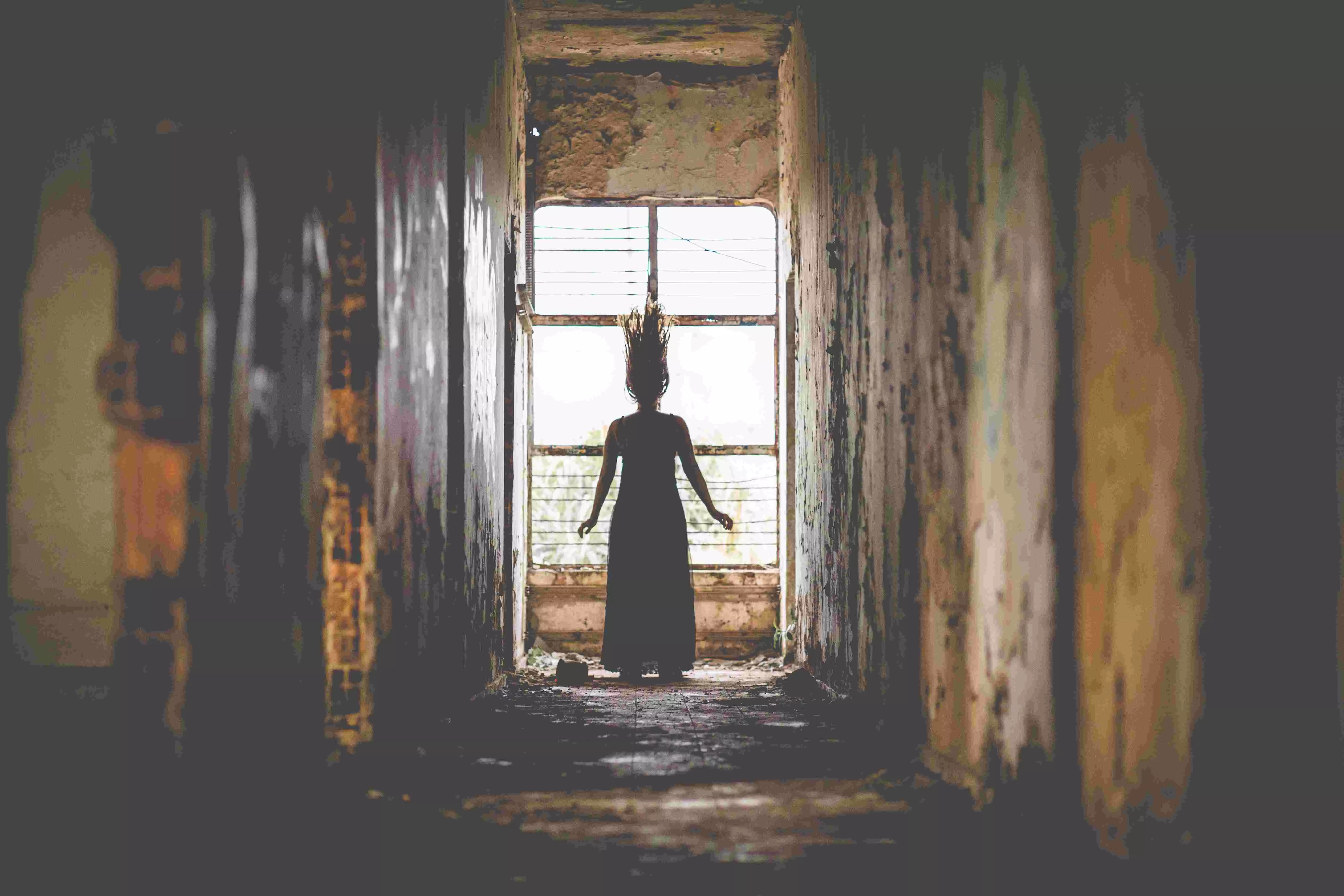Mindful watching
Since the content we watch before bedtime deeply impacts our conscious and subconscious minds, it’s important to avoid the blue screen, or at least the provocative content, to ensure sound sleep and productivity

“You are what content you watch.”
Dear Doctor,
I’ve been having really detailed and kind of scary dreams lately. I love watching crime and thriller shows before bed, but I’ve noticed I end up dreaming about them a lot. During the day, I find myself thinking about clues from those shows, even in weird situations. Could watching too much crime stuff be affecting my mental health?
From: Thrill watcher
Dear Thrill Watcher,
In a world immersed in screens, where our entertainment choices define our downtime, the age-old adage “you are what you eat” finds a modern parallel in “you are what content you watch.” Our media consumption has widened, with a buffet of content to choose from that we voraciously consume. They influence our thoughts, emotions, and even our mental well-being.
The paradox of excess begins with binge-watching series, scrolling through countless videos, and absorbing an endless stream of visual narratives. This has become part of our daily mental diet.
Neuroscience and FMRI reading behind content watching
Functional Magnetic Resonance Imaging (fMRI) can give us invaluable insights into the intricate workings of our brains. Brain readings from when exposed to various forms of content can differ. For example, exposure to stressful or arousing content, particularly violence or suspense, can activate regions related to a stress response, in the amygdala and hypothalamus. This heightened activation might lead to increased alertness and elevated stress levels, invariably leading to poor sleep at night.
Impact of diverse genres
There are many genres to consume. From the chuckles induced by comedy shows to the heart-pounding intensity of action sequences, from the thrill of mystery to the fuzzy warmth of romantic tales, and from the adrenaline rush of sports to the darkness of violent scenes, all lead to a myriad of responses, even in your mood, behaviour, thoughts, and mental health.
Can consuming excessive crime-related content affect our sleep and mental health?
Absolutely. The content we consume before bedtime often shapes our dreams, dictating themes and scenarios that play out in our slumber. You may find yourself running, screaming, hitting or even being a part of scenes of violence, as the content can infiltrate your subconscious, leading to unsettling dreams and disturbed sleep patterns. Poor sleep is a strong indicator of poor mental health and productivity.
Not only the content, but the flickering screens also cause photic stimulation, which in some rare cases can trigger seizures in susceptible individuals due to the rapidly changing, high-contrast visual patterns.
So, what guidelines can we follow regarding content consumption before bedtime?
Before bedtime, it’s wise to steer clear of content that can stimulate the mind or evoke intense emotions, as this can disrupt your ability to unwind and sleep peacefully. It can also precipitate nightmares, night terrors, and other parasomnias in some.
* Avoid violent content: Refrain from watching content that contains violence, suspense, or intense action scenes. These genres can elevate heart rate and stress levels, making it harder to relax before sleep.
* Limit your screen time: Blue light can disrupt the body’s natural production of melatonin, a hormone crucial for sleep. Screens that emit blue light, such as TVs, smartphones, and computers, should be kept away at least an hour before bedtime.
* Choose light-hearted or calming content: If you must consume content, then opt for soothing and relaxing genres such as comedy, nature documentaries, gentle music, or meditation guides.
* Avoid news or intense documentaries: Watching news or intense documentaries that cover distressing or highly charged topics can evoke emotional responses, making it difficult to unwind and relax before bedtime.
Yet, amid this sea of content, the concept of creation often takes a backseat. It’s crucial to create more than we consume to balance our intake with productive output. Instead of content watching, choose alternatives before bedtime that foster better sleep hygiene, creativity and calm:
Alternatives to watching content
* Journaling
* Meditation
* Praying
* Self-hypnosis
* Practicing affirmation
* Reading
* Relaxation exercises
* Gentle stretches & yoga
Remember, the choice of doing something better always lies in your hands. By practising something healthy regularly, it not only becomes easy to do but also a part of your lifestyle and being.
Send your questions to [email protected]



